Google launches wi-fi network in Kampala, Uganda
- Published
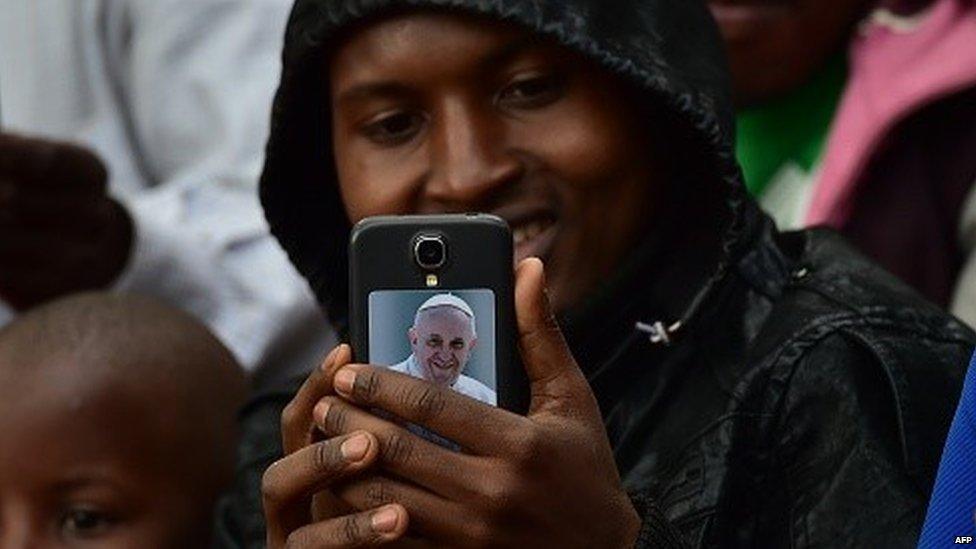
The number of smartphones in Africa is growing rapidly but access to high-speed mobile internet is still expensive
Google has launched its first wi-fi network in Uganda's capital Kampala, as part of a project to broaden access to affordable high-speed internet.
The company is making the broadband wireless network available to local internet providers, who will then charge customers for access.
The web giant says the network is now live in 120 key locations in Kampala.
Official statistics show Uganda has about 8.5 million internet users, making up 23% of the population.
Google hopes that, external by improving internet capacity in the city, local telecom companies will then be able to offer faster, cheaper broadband access to their customers.
The company estimates that one day's unlimited data using the new network should cost 1,000 Ugandan shillings ($0.30, £0.20), although local providers will decide how much they want to charge for the service.
Critics say it would have been better to focus on Uganda's rural areas, where high-speed internet access is very limited.
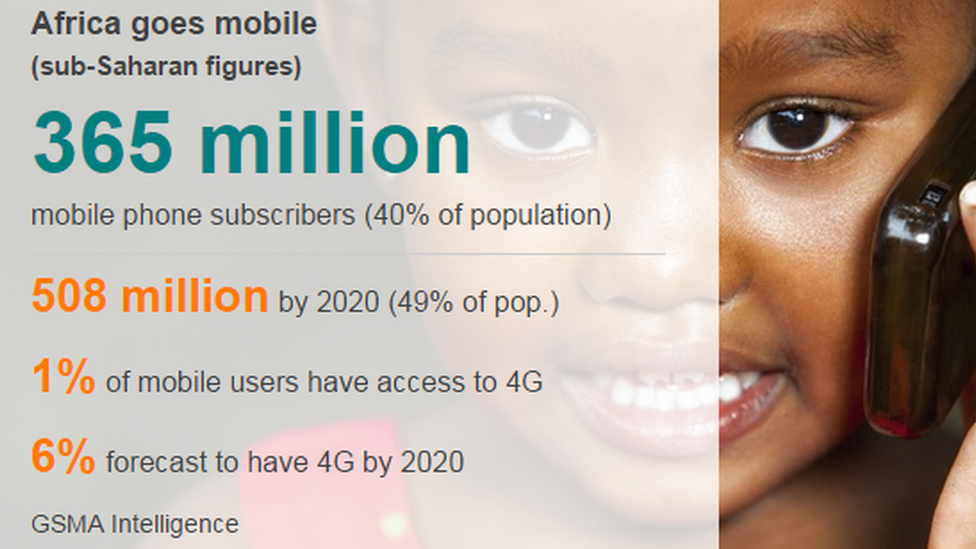
The wireless network forms part of a wider project, external to improve web infrastructure in Africa, which has seen Google lay 800km (500 miles) of cables in Uganda to establish a fibre optic network.
There are now plans to expand the project to the Ghanaian cities of Accra, Tema and Kumasi.
In October, Facebook announced its own initiative to increase access to the internet in Africa by using satellites.
- Published15 September 2015
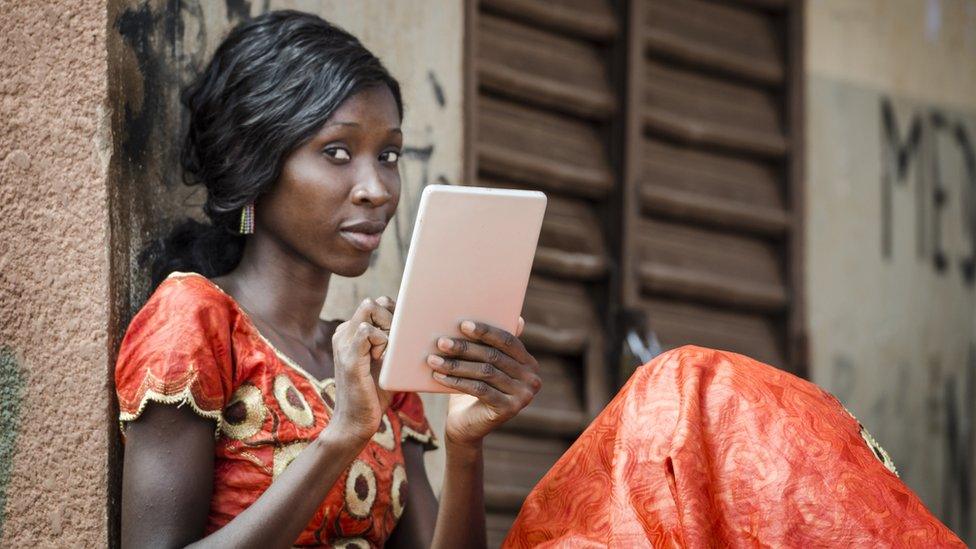
- Published6 October 2015
- Published7 May 2015
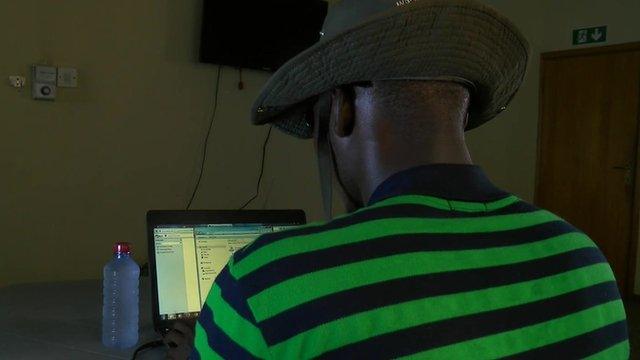
- Published29 September 2015
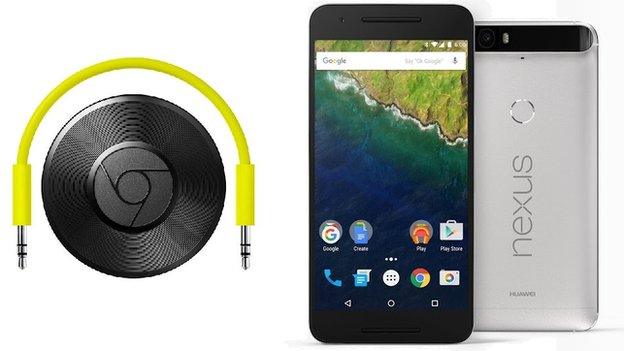
- Published28 May 2015
